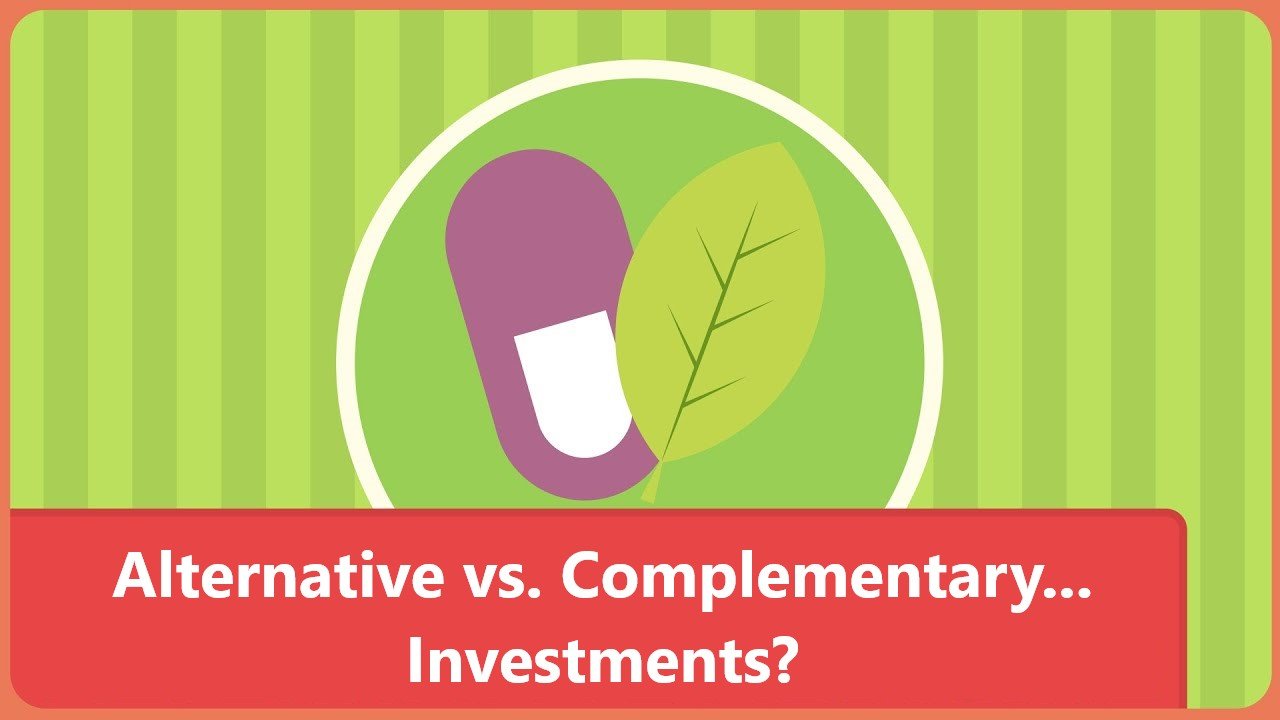

Dec
It isn’t all that difficult to pick up on the fact that frustration is building up across all areas of society:
- Politics is becoming more and more fragmented, with those on the left as well as right being willing to embrace their respective extremes rather than work toward identifying common denominators
- People being willing to pick a proverbial side and demonize everyone else when it comes to pretty much everything they consume: iOS vs. Android, vegan vs. primal, independent films vs. Hollywood, PC vs. Mac and the list could go on and on
- Activism being the “hot” approach, whereas debates end up being perceived as old school: why discuss when you “know” the truth and simply have to convince non-believers?
- Not even asset classes are immune to this, with precious metal investors believing everything else will crash and burn, crypto investors making fun of all things status quo, etc.
Fragmentation, fragmentation and more fragmentation.
Are Chinese assets in any way immune to this “herd mentality” approach to investing? Unfortunately, no, they are not. Once again, two seemingly irreconcilable sides are forming. On the one hand, you have those who believe the West is in shambles and set to collapse any day now, whereas everything China touches turns to gold. On the other hand, there are those who want nothing to do with “primitive, communist” China and, instead, believe Western assets are and should be the only game in town.
To put it differently, much like pretty much all dimensions of society, investing has become a bit of an “us vs. them” game.
After all, you have to be loyal to the assets you are investing in, don’t you?
Furthermore, you are morally obligated to condemn anyone who dares see things otherwise, correct?
No… and most definitely not!
While the ChinaFund.com team firmly believes there are generational opportunities associated with Chinese assets and is practicing what it preaches by building the world’s #1 resource for Western investors who want to meaningfully “get” China, we want to make it crystal clear that not only do we not recommend an “us vs. them” manner of thinking, we actually consider such approaches sub-optimal at best, with “childish” being a more precise adjective.
Will China thrive while everything else collapses? We do not know… but probably not.
Will everyone else thrive while China collapses? Once again, we do not know… but probably not.
Perhaps the number one mindset-related rule for those serious about investing with the big picture in mind is accepting the very high degree of uncertainty associated with wealth management. In other words, coming to terms with the fact that “I do not know” will and should be the most common answer to investment-oriented questions about the future.
Human beings are remarkably inapt at predicting the (especially financial) future and those who get praised by the media every now and then for “getting it right” have most likely simply been lucky, with simple mean reversion logic indicating that they will most likely under-perform and illustrate their limits in the future. No matter how popular an analyst may be, chances are that a thorough due diligence process related to his or her track record will reveal embarrassing predictions. This applies to anyone in the financial space, from flavor-of-the-month pundits to even Nobel Prize winners such as Paul Krugman, who (in)famously predicted that the Internet would have an economic effect no greater than that of the fax machine.
There is a great degree of wisdom in accepting that we just don’t know what the future holds. Furthermore, this acceptance brings us one step closer to most likely the only rational approach: smart diversification. While you may not be a gold bug who thinks the world will end tomorrow, it would not hurt to have a bit of exposure to precious metals. Even if you consider the stock market a game of musical chairs, promising yourself to never have exposure to stocks is both logically unsound and historically sub-optimal. The same principle applies to anything from real estate to cryptocurrencies, with Chinese assets definitely not representing an exception.
To be perfectly clear and leave little room for interpretation: the ChinaFund.com team firmly believes that there is room for Chinese assets in each and every portfolio. At the same time, however, we just as firmly advise against becoming a one trick pony and putting all of your eggs in the same basket. As such, we would strongly recommend treating Chinese assets as a piece of your overall wealth management puzzle, an asset class which complements the other asset classes you have exposure to rather than an “either/or” alternative.
Think of it as the economics version of the “alternative vs. complementary medicine” debate. If you are suffering from a serious illness, there will be people who firmly recommend “regular” medicine and nothing else as well as people who are vocal alternative medicine enthusiasts who claim “Big Pharma” is out to get you and that only alternative medicine is worth it.
Should you simply take the medicine your doctor prescribes and continue with your unhealthy lifestyle?
Or should you switch to a healthier lifestyle and say no to medicine?
Our answer would simply be: why not both?
Whether we are referring to anything from medicine to capital allocation, “complementary” is the operative word in our view. When it comes to the medical dimension, we are unfortunately not qualified to elaborate further. As far as the financial one is concerned, however, we are more than happy to work with you and be of assistance with putting together a robust asset portfolio. Simply visit the Contact section of our website, write us a message and we will do our best to get back to you in a timely manner.
